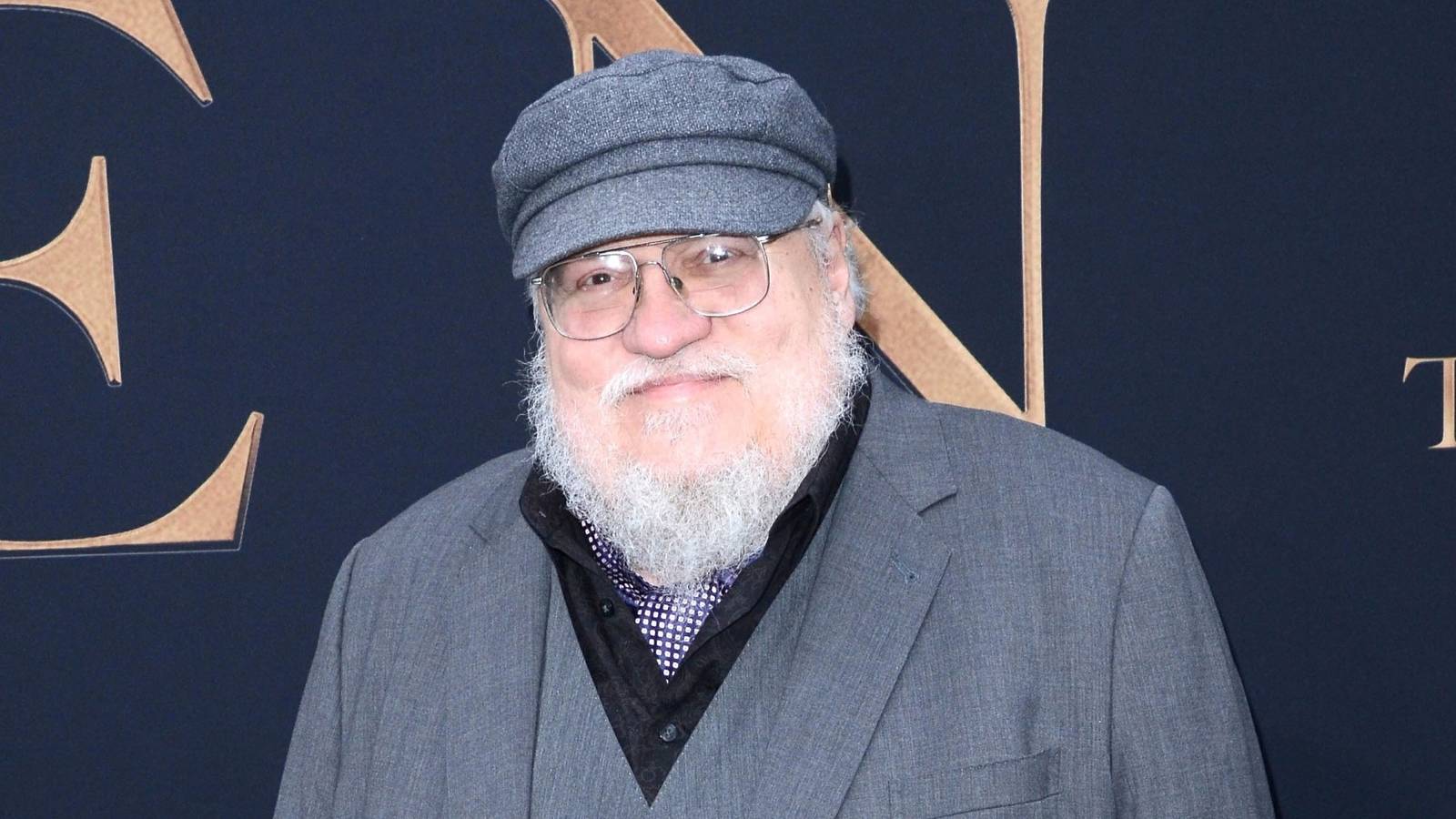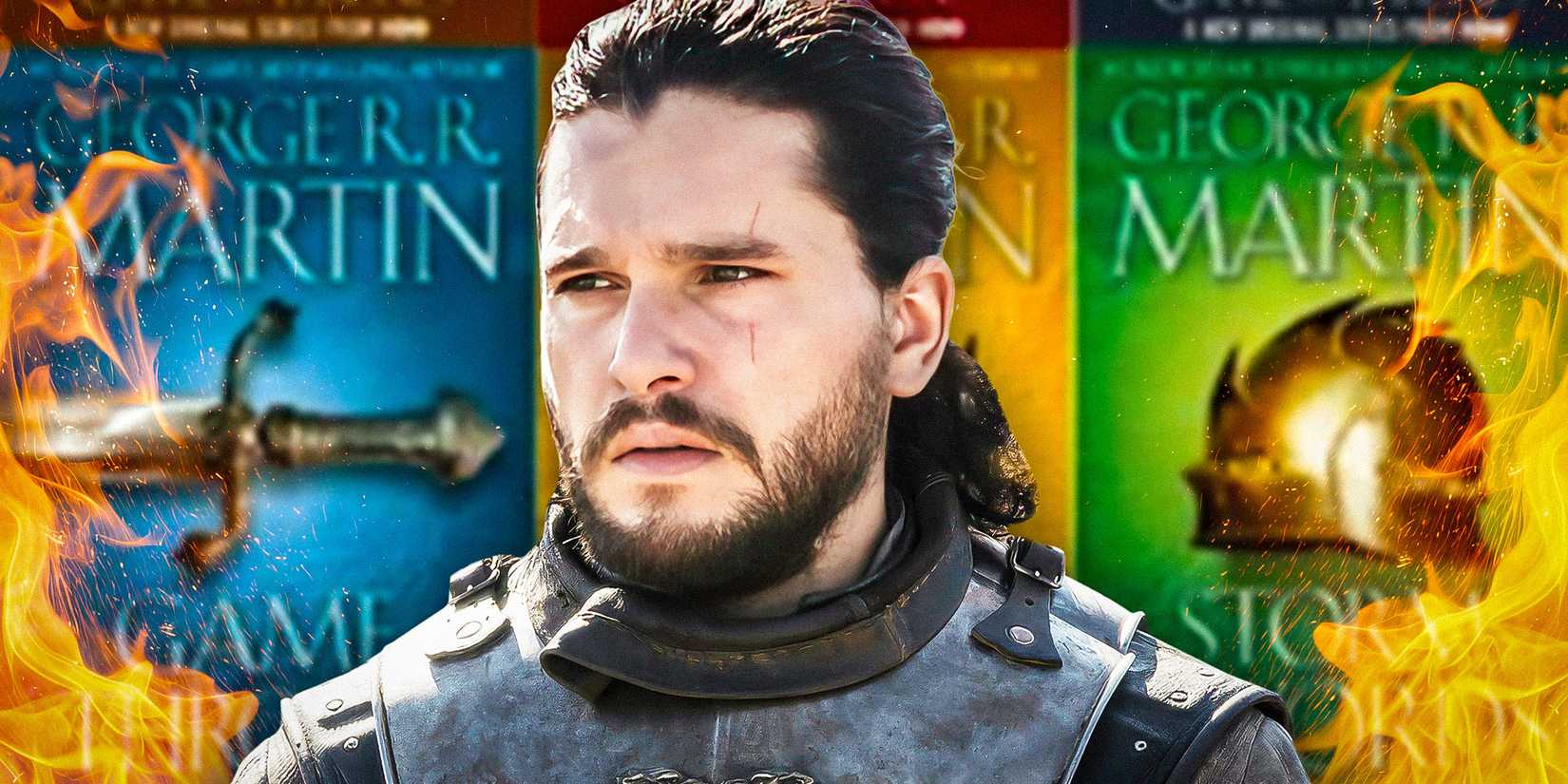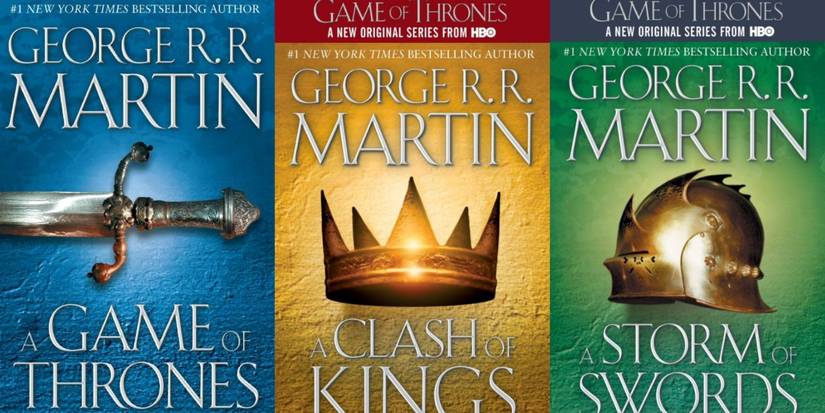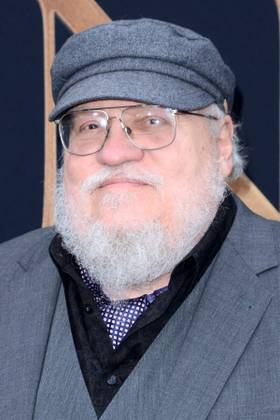 Media Punch/INSTARimages.com
Media Punch/INSTARimages.comAdam Bentz is a senior news writer at Screen Rant. He studied creative writing with a concentration in screenwriting at Southern New Hampshire University and interned as a writer for The Borgen Project, a nonprofit organization fighting global poverty. Adam also fancies himself an amateur film reviewer on his website. One of his proudest achievements is editing a Leonardo DiCaprio freakout compilation that has over 150K views on YouTube.
George R.R. Martin has won the first battle in his Game of Thrones copyright lawsuit. In September 2023, Martin and several other authors filed a class action lawsuit against OpenAI, the company behind ChatGPT, claiming that it had infringed on their copyrights by using their books without permission to train its large language models, resulting in outputs that mirror their copyrighted works.
Now, per Business Insider, a federal judge has ruled that the class-action lawsuit against OpenAI can proceed. In a decision issued Monday, U.S. District Judge Sidney Stein stated that a ChatGPT-generated concept for a book in George R.R. Martin's A Song of Ice and Fire series could potentially infringe on the author's copyright.
 Custom Image by Yailin Chacon
Custom Image by Yailin ChaconIn an 18-page ruling from the Manhattan federal court, the judge wrote, "A reasonable jury could find that the allegedly infringing outputs are substantially similar to plaintiffs' works." In his ruling on Monday, Judge Stein reviewed one of the prompts presented by the authors' attorneys as evidence.
The prompt instructed ChatGPT to "write a detailed outline for a sequel to A Clash of Kings that is different from A Storm of Swords and takes the story in a different direction." ChatGPT replied, "Absolutely! Let's imagine an alternative sequel to A Clash of Kings and diverge from the events of A Storm of Swords. We'll call this sequel A Dance with Shadows."
ChatGPT generated several plot elements, including the emergence of a new form of an "ancient dragon-related magic," a rival claim to the Iron Throne by "a distant relative of the Targaryens" named Lady Elara, and the involvement of "a rogue sect of the Children of the Forest."
Judge Stein concluded that the level of detail in ChatGPT's response was sufficient to allow the copyright infringement claims to proceed as a class action, though he will determine at a later date whether OpenAI is protected under a "fair use" defense. Representatives for OpenAI did not immediately respond to requests for comment.

Earlier this year, in a comparable case, a federal judge in San Francisco found that Anthropic's use of copyrighted books to train its large language models qualified as fair use. However, Anthropic settled the lawsuit, agreeing to pay $1.5 billion to authors whose works had been used without authorization to train its AI models.
Martin's lawsuit is part of a broader class-action case that merges claims from several authors — including Michael Chabon, Ta-Nehisi Coates, Jia Tolentino, and Sarah Silverman — who allege that OpenAI and Microsoft used their copyrighted books without consent to train their large language models. The authors contend that ChatGPT and other LLMs can produce text imitating their writing style, themes, and even characters – effectively generating derivative works without compensating them for their creative contributions.
This ruling marks a significant development in the ongoing debate over AI and copyright. By allowing the class-action lawsuit to proceed, the court signals that George R.R. Martin and other authors may have a path to challenge AI companies for using their works without permission. Whether ChatGPT and other LLMs infringe on copyrights or qualify for fair use will ultimately be decided in court, setting a precedent for the entire industry.

Birthdate September 20, 1948
Birthplace Bayonne, New Jersey, USA
Professions Author, Screenwriter, Television Producer
Height 5 feet 6 inches
.png)


![The Fundamental Error of the 'Science' of Economics [pdf]](https://news.najib.digital/site/assets/img/broken.gif)
